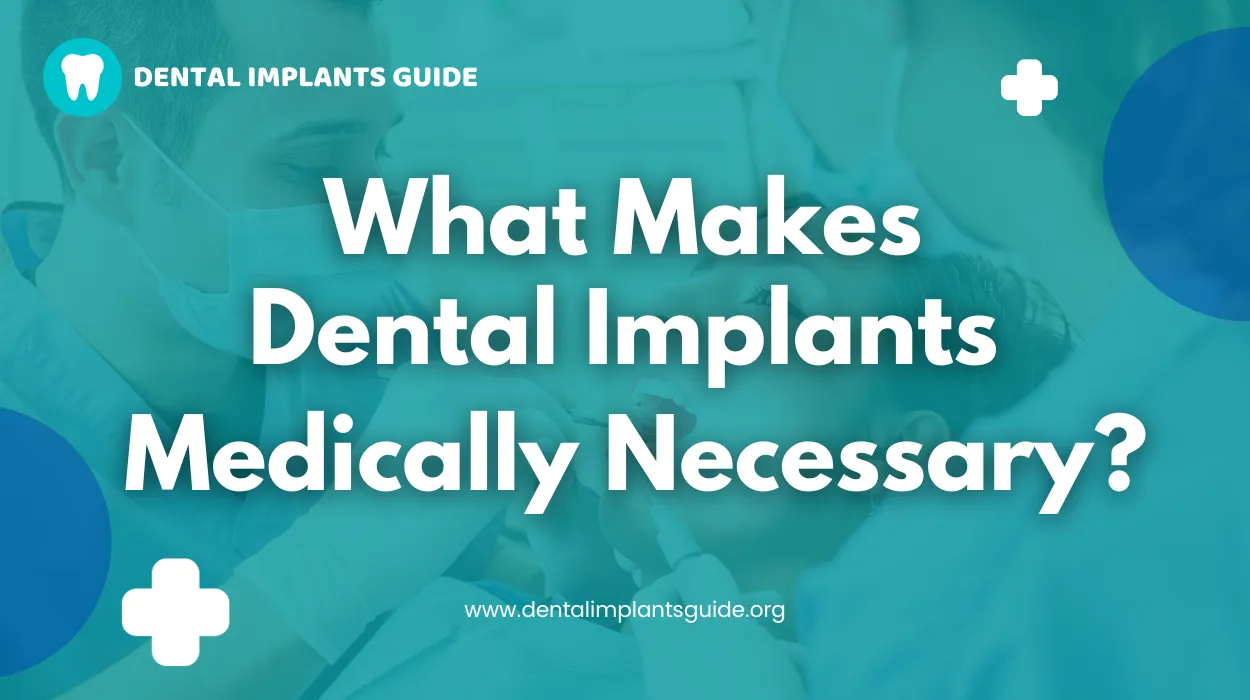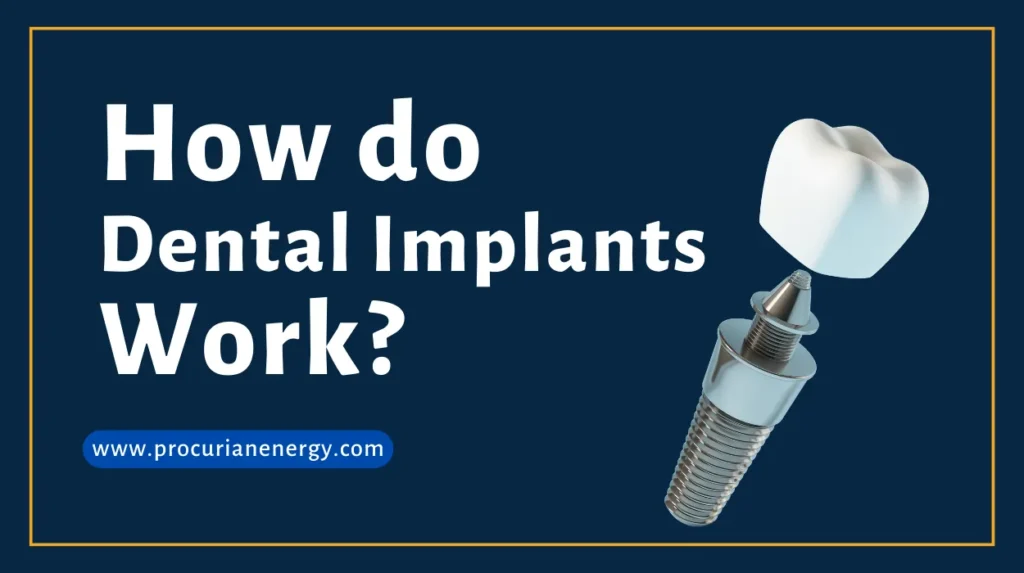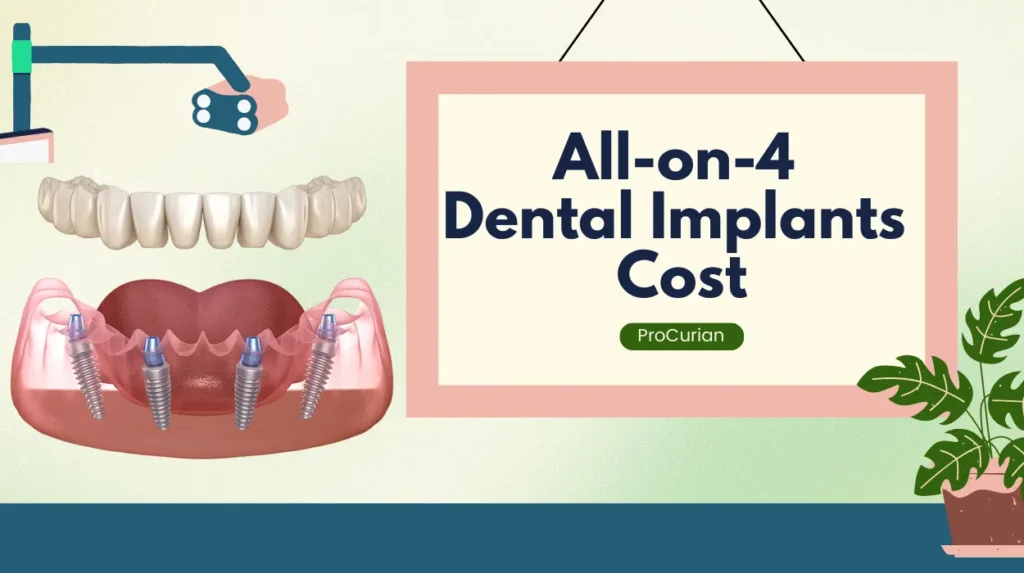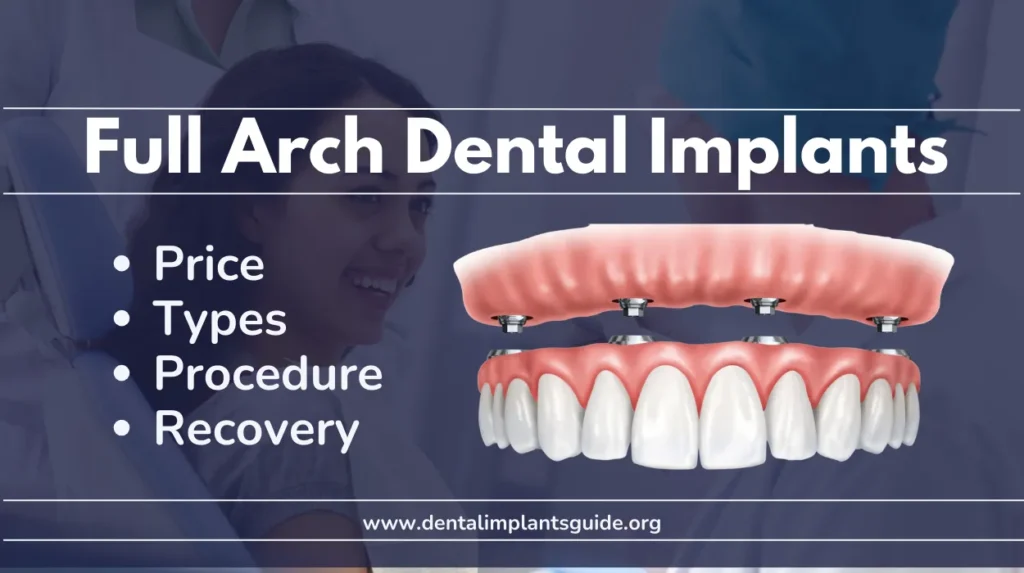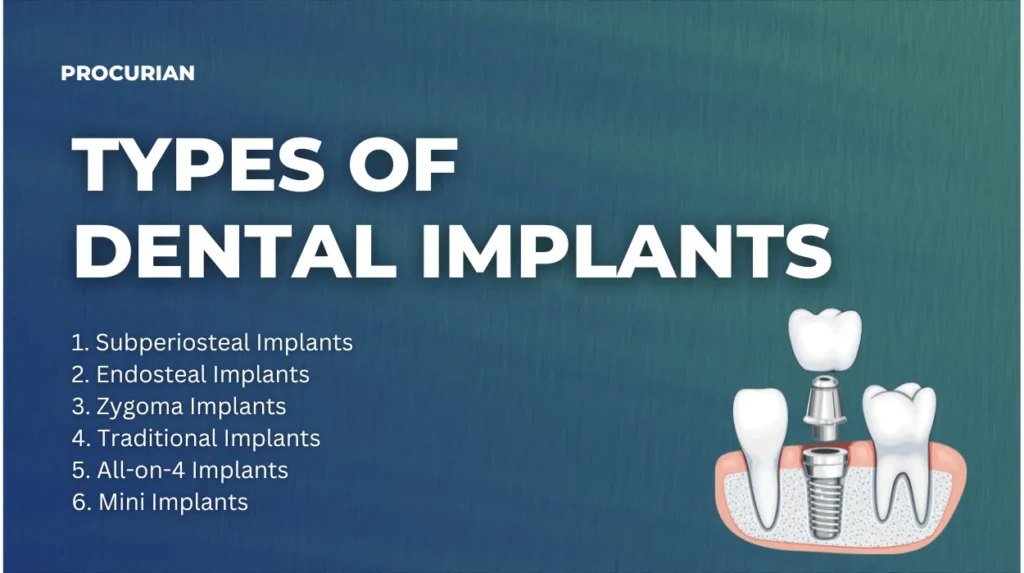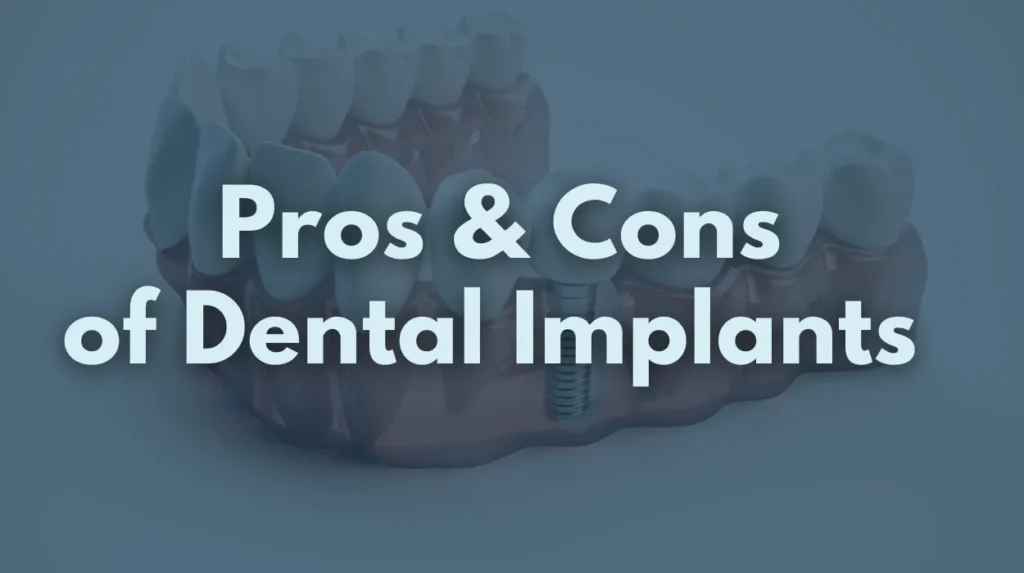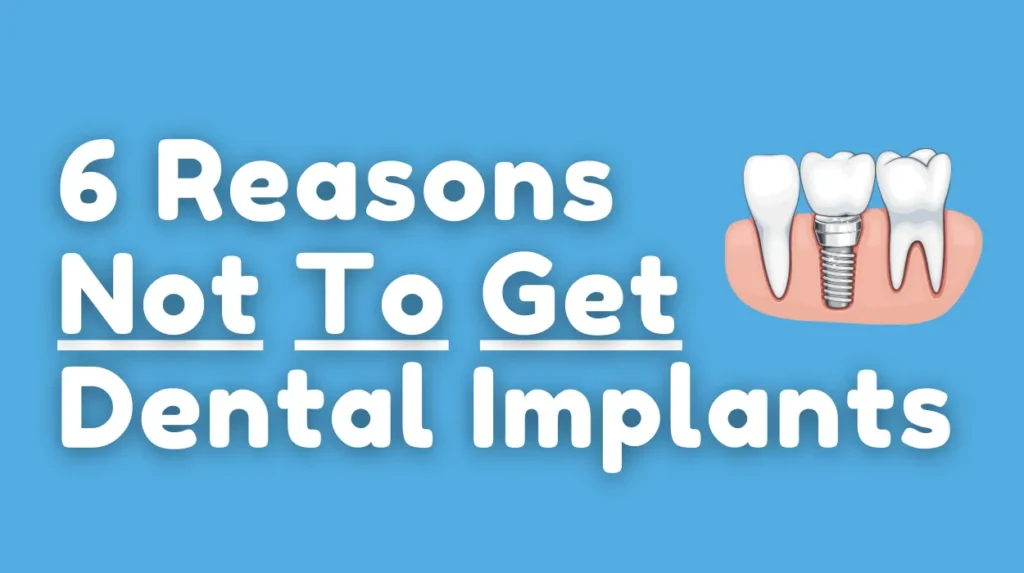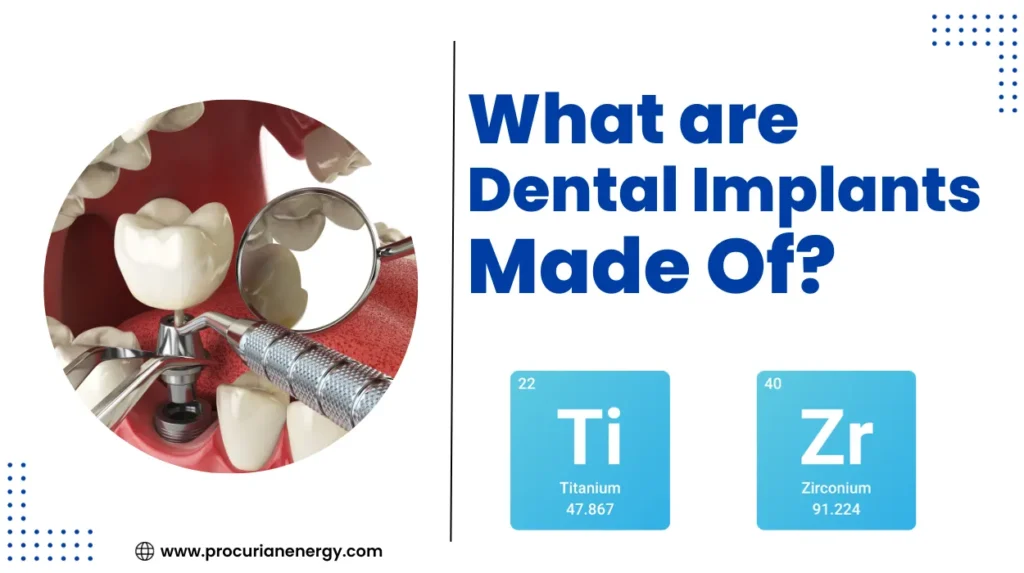Hello there! If you’re reading this article, chances are you’re curious about dental implants and why they are sometimes considered medically necessary.
In this blog by Dentist Implant Guide, we’re going to explain about “What Makes Dental Implants Medically Necessary.” We’ll break it down for you, so you can understand why dental implants are more than just a cosmetic choice
When Are Dental Implants Necessary?

| Situation | Medical Necessity |
|---|---|
| Missing Teeth | – Restore proper chewing function – Improve speech – Prevent shifting of surrounding teeth – Enhance self-esteem and confidence |
| Unstable Dentures | – Secure dentures in place – Improve eating and speaking abilities – Reduce discomfort and irritation caused by loose dentures |
| Jawbone Loss | – Preserve facial structure – Maintain oral health – Provide support for adjacent teeth and dental appliances |
| Severe Tooth Decay or Infection | – Eliminate pain and infection – Prevent the spread of oral disease – Restore normal dental function |
| Congenital Tooth Absence | – Improve aesthetics – Support proper bite and alignment – Enhance overall oral health |
| Traumatic Injuries | – Restore the smile’s appearance – Regain oral function – Prevent further dental issues |
| Periodontal Disease | – Replace teeth lost due to gum disease – Improve oral health – Enhance overall quality of life |
1. Birth defects
Some people are born with missing teeth or teeth that are not properly formed. A variety of factors can contribute to this, including genetics and exposure to certain medications or environmental toxins. Dental implants can be used to replace missing teeth, improving the appearance, speech, and chewing function of a person.
2. Trauma
Accidents or injuries can also cause tooth loss. Sports injuries, car accidents, falls, and other types of trauma are examples of this. Dental implants can be used to replace these teeth, restoring the individual’s smile and function.
3. Cancer surgery
Cancer surgery in the head or neck area can sometimes result in tooth loss. This is due to the possibility that the surgery will remove or damage the teeth, jawbone, or surrounding tissue. Dental implants can be used to restore a person’s quality of life by replacing missing teeth.
4. Gum disease
Gum disease that is severe enough can result in tooth loss. This is due to the fact that gum disease can harm the tissues and bones that support the teeth. Dental implants can be used to replace these teeth while also preventing bone loss.
5. Jawbone defects
Some people have jawbone defects that make wearing traditional dentures difficult or impossible. This could be as a result of birth defects, trauma, or cancer surgery. Dental implants can be used to replace these teeth while also providing a secure foundation for dentures.
In addition to the above conditions, dental implants may also be medically necessary for people with certain other medical conditions, such as:
6. Diabetes
Diabetes increases the chances of gum disease and tooth loss. Dental implants may be an option for diabetics who have lost teeth.
7. Osteoporosis
Osteoporosis is a condition that weakens the bones. This can make fusing dental implants with the jawbone difficult. However, depending on the severity of the condition and the patient’s overall health, dental implants may still be a good option for some people with osteoporosis.
8. Autoimmune diseases
Autoimmune diseases, such as rheumatoid arthritis and lupus, can cause the body’s own tissues, such as the gums and jawbone, to be attacked. This can result in tooth loss. Dental implants may benefit people who have lost teeth due to autoimmune diseases.
Dental Implants vs. Other Options
| Dental Implants | Dentures | Bridges |
|---|---|---|
| Permanent solution | Removable | Fixed, but requires adjacent teeth to be altered |
| Natural feel and appearance | May feel bulky | Can affect neighboring teeth |
| Excellent chewing ability | May require dietary restrictions | Restores chewing ability |
| Prevents bone loss | Doesn’t prevent bone loss | Doesn’t prevent bone loss |
What is the diagnosis code for dental implant placement?
According to ICD-10-CM, the current International Classification of Diseases, 10th Revision, Clinical Modification, the diagnosis code for dental implant placement is Z96.5. This code is used to indicate the presence of tooth-root and mandibular implants.
What is the 3 2 rule for dental implants?
The 3-2 rule for dental implants is a guideline that dentists use to determine the best placement for dental implants.
Here is a simplified explanation of the 3-2 rule:
- 3 millimeters ➜ Three millimeters below the gum line, the implant should be placed. This surrounds the implant with healthy gum tissue, preventing infection and bone loss.
- 2 millimeters ➜ The implant should be placed 2 millimeters away from the bone on the implant’s side. This ensures that the implant has adequate bone support and is not too close to the jawbone’s nerves and blood vessels.
How much bone loss is too much for implants?
FAQs
How do I know if dental implants are medically necessary for me?
To determine if dental implants are medically necessary for you, your dentist will assess your individual situation and medical history.
What happens if I don’t replace a missing tooth?
If you don’t replace a missing tooth, it can cause problems like the shifting of other teeth and bone loss.
What are the chances of your body rejecting dental implants?
The chances of your body rejecting dental implants are very low, less than 1%. This is because dental implants are made of titanium, which is a biocompatible metal that is not easily rejected by the body.
Are dental implants a feasible option for medically compromised patients?
Yes, dental implants are often a feasible option for medically compromised patients.
Are you still a candidate for dental implants if you have gum disease?
Yes, you may still be a candidate for dental implants if you have gum disease.
Can you get dental implants if you have an autoimmune disease?
Yes, you can get dental implants if you have an autoimmune disease.
Does periodontal disease affect implants?
Yes, periodontal disease can affect implants. It can cause the implant to fail, which means it will loosen and fall out.
What is the minimum bone required for dental implants?
The minimum bone required for dental implants is about 2 millimeters.
What type of bone is best for dental implants?
The best type of bone for dental implants is dense and strong bone with good blood flow.
Final Thoughts
Finally, dental implants provide more than just cosmetic benefits. They are often medically necessary in order to restore oral function, prevent complications, and improve overall quality of life.
I hope this article has provided you with a better understanding of why dental implants are medically necessary. Please leave a comment if you have any questions or want to share your experiences.
Thank you for taking the time to read this, and remember to keep your smile healthy!
Keywords: dental implants, medically necessary, tooth replacement, benefits of dental implants, insurance coverage.
